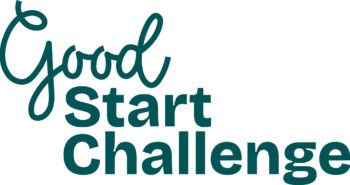Simple radical ideas are required to give parents the good start they deserve
By Rushda Majeed, Chief Programme Officer, Van Leer Foundation
Rushda Majeed leads the Van Leer Foundation’s early childhood work globally, and has been driving the development of the Good Start Challenge.
Parents around the world share the sensation of being exhausted and overstretched. Quality, affordable childcare remains hard to access, with family or community support systems often unavailable. At the same time, social pressure and cultural shifts create impossible expectations, which, when combined with mounting financial pressures, exacerbate the daily struggles facing parents of young children.
When adults are physically and mentally well, they are better equipped to make more informed decisions, build and maintain lasting relationships, be more economically productive, and provide for young children.
So: imagine a world in which parents are supported to feel less stressed, more connected to others, and truly recognised by society. Picture centrally-located communal spaces that offer support to parents and young families, with access to essential amenities such as clean water, baby changing stations, and internet; redesigned public transport with flexible seating options for families; and free parental mental health services integrated into children’s health appointments.
Solutions such as these could make a real difference to the physical and mental health of parents of young children who often lack proper support, navigating a world not designed with their needs in mind – and the benefits could reverberate far beyond babies, young children and their caregivers.
Ahead of us is an opportunity to reimagine the ways in which society supports parents and the children and communities they care for.
A good start for parents
Globally, it is estimated that there are over 500 million parents of children under the age of five. Despite this, we have only recently understood how significant the transition to parenthood is, with many needing support for mental, social and physical wellbeing. Three leading factors contribute to this need.
First, vast physiological changes occur in parents’ brains and bodies, marking the transition to parenthood a life-altering experience. Second, there has been a rise in stress related to work-family conflict. Jobs often don’t offer the flexibility required for the intensive time and physical care young children need. Third, there has been a weakening of community structures; as such, a third of new parents globally feel lonely.
The effects of these factors are felt even more by those in challenging circumstances. Parents living in poverty or underserved communities encounter numerous barriers that make it even harder for them to access support resources.
Although such barriers are deeply rooted in structural, cultural and historical conditions, we see opportunities to support innovations that have the potential to build a community of care for parents to improve their experiences and ultimately create better outcomes for their own wellbeing and their children’s futures.
Change begins with prioritising parents
The good news is that initiatives supporting parental wellbeing have started to emerge across the globe. For example, the Bogotá Care Blocks in Colombia have centralised key services for caregivers, especially women, to improve their wellbeing. Similarly, StrongMinds in Sub-Saharan Africa provide free, community-based therapy to people in low-resource settings.
The ripple effect is clear: how well a parent is supported from the start not only shapes them, but influences their children, families and communities. However, more action and investment is needed to ensure that solutions such as these are scaled up, accessible and affordable for all.
We see a clear opportunity for leaders across sectors and geographies. Governments and policymakers who prioritise parental wellbeing and actively drive policy and conversations surrounding the importance of this will deliver improved early childhood development outcomes, and build stronger communities.
Placing parents at the centre of our conversations
It is for this reason that we at Van Leer Foundation have initiated the Good Start Challenge: a €2.6 million global challenge to accelerate innovative solutions that improve the wellbeing of parents and caregivers of young children in underserved communities across a set of countries in Latin America, Southeast Asia, and Sub-Saharan Africa.
Poverty and inequality are high and enduring across Colombia, Brazil and Mexico, where traditional communities are targets of economic, political and social exclusion, limiting their access to essential services. In Ethiopia, Kenya, Senegal and Uganda, many children and caregivers are already disconnected from their communities, or at risk of becoming displaced, due to conflict or environmental factors. Meanwhile, rural families in Indonesia and the Philippines have been substantially affected by climate change. Each of these regionally-specific circumstances compounds the already challenging experience of becoming a new parent.
Supported by FEMSA Foundation, Fundaçāo Maria Cecilia Souto Vidigal, and LEGO Foundation, and delivered by Challenge Works, the Challenge asks what a good start looks like for parents, and how can we make it happen? Simple radical ideas are required to give parents the good start they deserve during this transformational period.
Image Credit: Isolde Woudstra Isolde Woudstra / Van Leer Foundation

